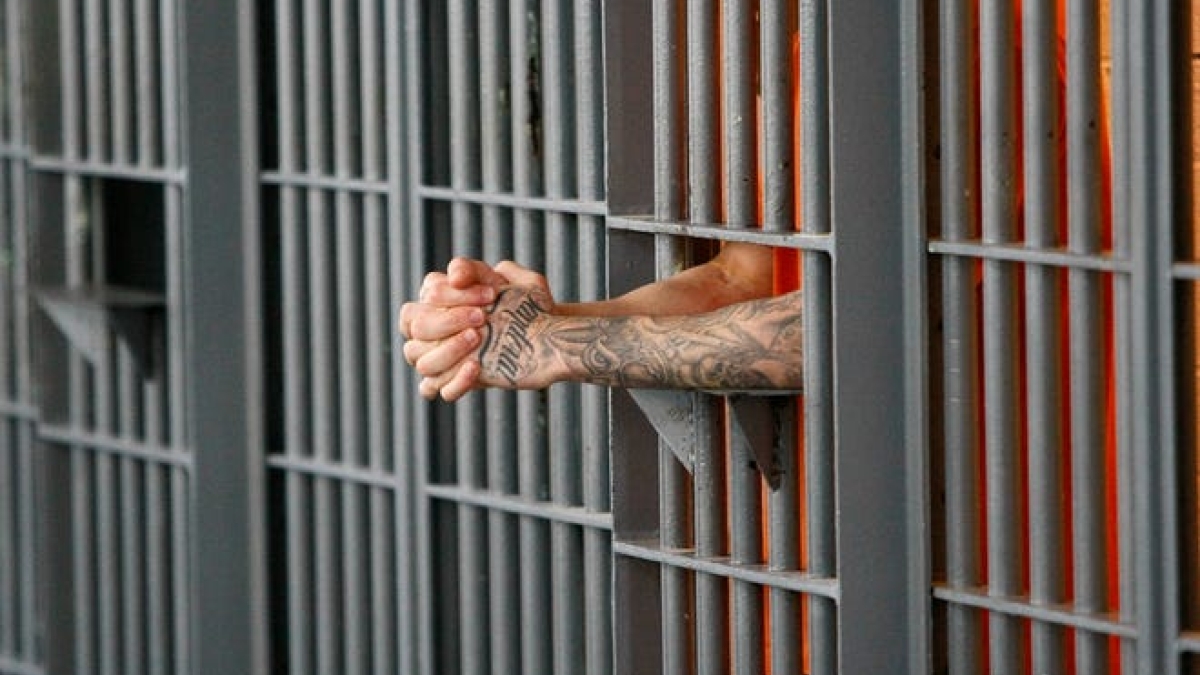Occupational licensing boards block ex-offenders from moving up in the workforce

Arizona State Prison on Nov. 14, 2009, in Florence, Arizona. Matt York/AP
Even before the current recession, ex-offenders faced bleak economic prospects. Research by the Prison Policy Initiative found that “formerly incarcerated people are almost five times more likely than the general public to be unemployed,” with market disadvantages particularly acute among women of color.
Yet one of the biggest, if often overlooked, barriers to reentry is occupational licensing, which now affects nearly one-fifth of the nation’s workforce. As a result, licensing boards have become de facto gatekeepers for economic opportunity and upward mobility.
Without a steady source of income, the risk of reoffending soars. One Center for the Study of Economic Liberty study determined that the recidivism rate for unemployed former prisoners was almost double that of ex-prisoners who could find work. Moreover, that same study found that states with more burdensome licensing restrictions saw their average recidivism rates jump by 9%. In fact, licensing burdens were second only to the overall labor market climate when it came to influencing recidivism rates.
Each year, roughly 600,000 Americans are released from prison, only to find themselves locked out of many career opportunities. With the economy in free-fall, licensing reform offers ex-offenders a critical second chance.
Article source: USA TodayMore ASU in the news

ASU celebrates new Tempe campus space for the Labriola National Data Center

Was Lucy the mother of us all? Fifty years after her discovery, the 3.2-million-year-old skeleton has rivals
